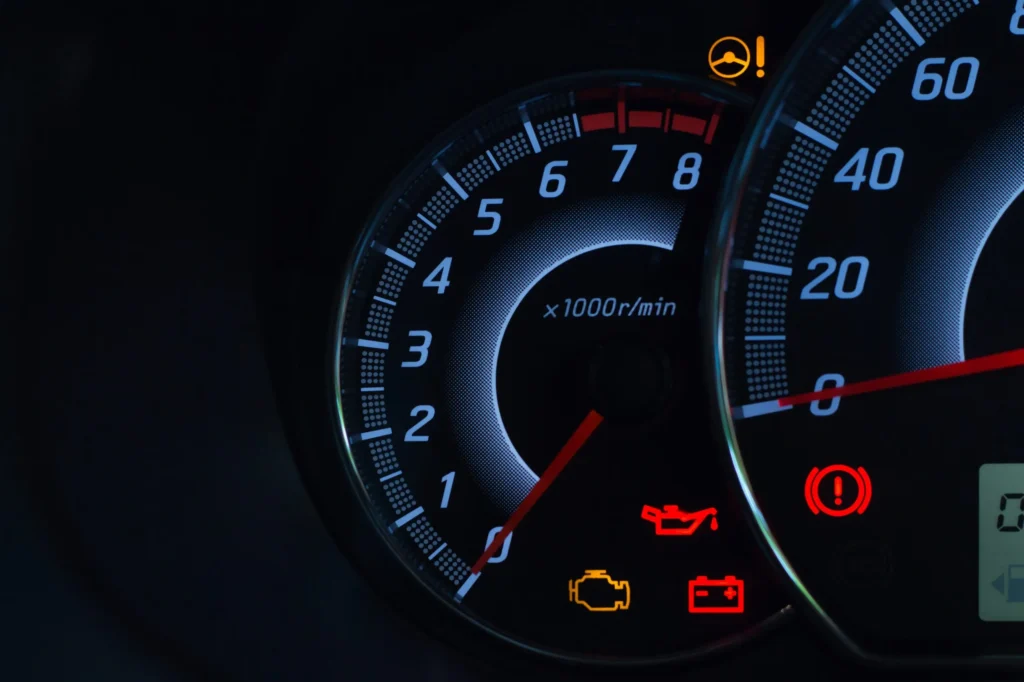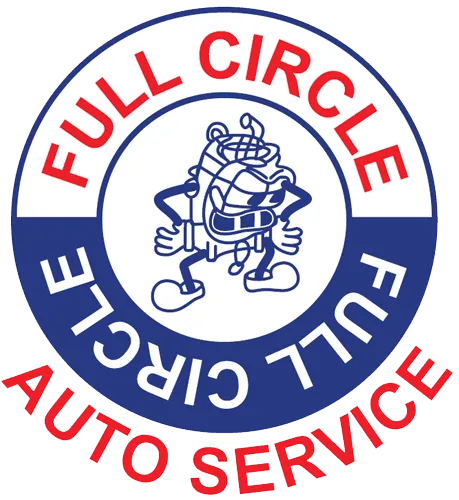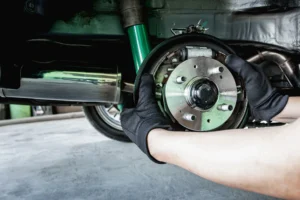What You Should Do When Your Car Won’t Start?
Few things are more frustrating than cranking the ignition and finding that your car won’t start. At best, it’s an inconvenience; you’re late for work or have to cancel your plans. At worst, it’s a safety issue because you are stranded somewhere you don’t want to be. Getting to the bottom of the problem suddenly becomes goal number one. Let’s look at what you can do to get an idea of what’s gone wrong.
First off, don’t panic. Instead, listen closely to the sounds that your car is (or is not) making when you try to turn the ignition. What do you hear?
Nothing
Nothing. If you hear absolutely nothing when you turn the key, then you may have a loose battery connection. Try your lights; if you have no lights either, then the likelihood that cables connecting the battery to your car have become loose or have some other problem is even greater. At this point, pop your hood, take a look beneath to check battery connections; try to twist them by hand. If you can, then they are obviously loose. Remove the cable connections and use a rag or paper towel to clean them, and then reconnect and tighten them with a wrench. If your car still doesn’t start, then your battery may be dead, which requires a jump start either from someone else with a car and starter cables, a portable jump starter, or your local O’Fallon, IL, auto repair tech.

Nothing, but the lights on the dash still work. If your dashboard lights are still working, then your battery is not the issue. It may be the case that your car is not fully in park or neutral. Move the gearshift to the neutral position and try starting it from there. If this doesn’t help, then ignition problems may be the culprit. You may have a malfunctioning starter, ignition switch, or cables that prevents the car from firing up as it should. You’ll need to call for a tow and get your car repaired. It’s also worth mentioning that if you have a car that starts with a key fob, trying to start it the traditional way can be useful; sometimes there’s a bad transponder in the fob that prevents it from doing its job.
Car Clicking
Clicking. If the sound you hear is a clicking sound, then this may be an indicator of several things. First, your battery may simply be weak. Turn on your headlights. Are they bright? If so, then your battery is fine too and the clicking may indicate a bad starter or a bad connection on the pathway from the ignition to the starter. Are they dim? A jump start to recharge your weak battery may fix the problem and have you on your way again fast.
Cranking
Cranking sound, but the engine doesn’t fire. If your car cranks like usual but fails to turn over, then you could be out of gas or running on fumes. The obvious fix is to add gas to the tank. If that doesn’t help, then your engine may be flooded. This happens more often with older cars that have carbureted engines; too much fuel gets in the engine and soaks the spark plugs, so they can’t spark because they’re wet. Clear the fuel from the combustion chamber by holding the gas pedal to the floor and cranking the engine. Not helping? The fuse that operates the ignition circuit or the fuel pump may need replacing. Your owner’s manual should show you the location of the fuse box for easy replacement with a spare fuse from the extra fuse spaces in the box.

Cranking and grinding noise. This sound tends to indicate that the flywheel and starter are not engaging, likely due to broken teeth on the flywheel itself. Try to trick it into starting by turning the key on and off three or more times. If this works, then get your car to the shop right away for repairs.
Slow-cranking noise. Does it sound as if your car is trying to start but slowly dying as you crank the engine? A weak battery is generally the root cause. Again, try a jump start, and then take it in for service immediately because the problem is not going away until your battery is replaced.
Fast cranking and spinning noise. A broken timing belt can cause this noise. The timing belt is what connects your engine’s upper and lower halves. Without it, the pistons in the engine have no resistance, so they move up and down faster than normal, causing the ominous sound you hear. Call your O’Fallon mechanic for an immediate tow as your timing belt requires replacement.



